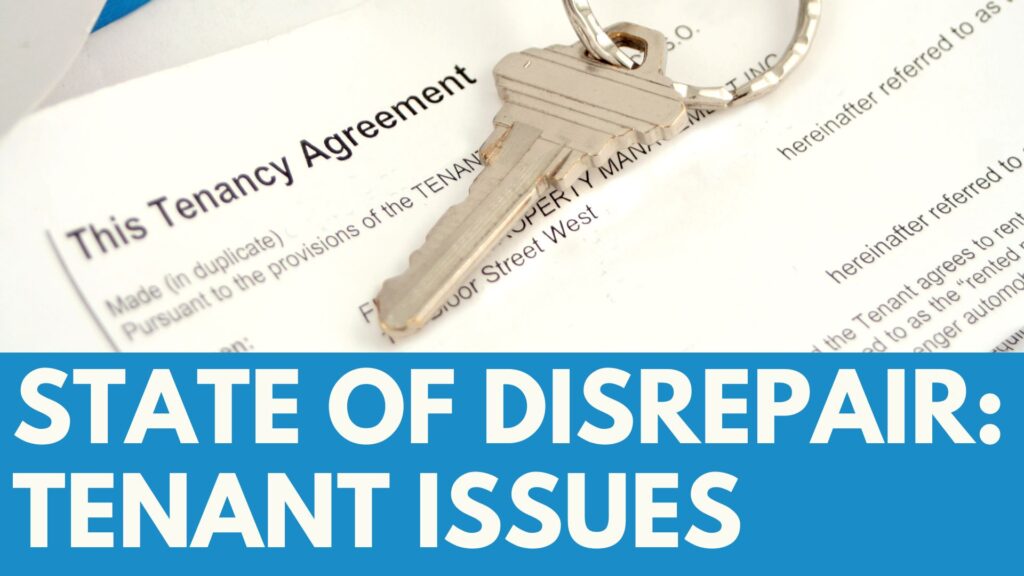New Brunswick is in the midst of a housing crisis, impacting the lives of thousands of low-income tenants living in substandard and unsafe rental units, according to a recent report released by NB ACORN (Association of Community Organizations for Reform Now), a grassroots organization committed to social and economic justice.
The report entitled “State of Disrepair,” draws attention to the urgent need for government and municipal intervention in addressing the widespread issues faced by tenants. The findings are based on a survey conducted over the summer and fall of 2023, involving 188 participants from various regions of the province who shared their struggles with mold, pests, leaks, broken appliances, and insufficient heating.
The report sheds light on the shortcomings of the existing property standards enforcement system, which heavily relies on tenants filing complaints, often leaving landlords unaccountable for maintaining a liveable standard in their properties. Notably, the survey indicates a significant lack of awareness among tenants regarding the existing provincial minimum property standards and municipal by-laws, contributing to the failure of the current complaint-based enforcement approach.
One of the key issues highlighted in the report is the inadequacy of the Residential Tenant Tribunal (RTT), now named the Landlord and Tenant Relations Office, in addressing substandard maintenance problems in apartments. While the RTT can compel landlords to compensate tenants for lack of repairs, it lacks the authority to enforce repairs, leaving tenants in precarious living conditions.
ACORN’s proposed solution involves the implementation of a landlord registration system, a proactive approach aimed at ensuring all rental units meet necessary standards. The suggested system includes a nominal per-unit fee of $1 per month, generating funds for the expansion of by-law enforcement personnel. Every landlord would be required to register their properties, providing essential information such as maintenance plans and contact details. Regular proactive inspections, outreach to tenants and landlords for education, and swift penalties for non-compliance are integral components of this proposed system.
The report emphasizes the need for a collective effort to address the systemic issues, as one in three tenants faces challenges ranging from delays in repairs to unprofessional behaviour by landlords. ACORN argues that landlords who maintain their buildings in compliance with codes would benefit from the proposed registration system, while simultaneously identifying those who neglect their responsibilities.
The findings also underscore the power imbalance between landlords and tenants, with many fearing retaliation if they report property standards violations. The lack of protective laws against landlord harassment further exacerbates the issue. The report calls for a comprehensive overhaul of the existing property standards and enforcement system to ensure the well-being and safety of tenants across New Brunswick.
In light of the report’s revelations, NB ACORN is urging swift action from both the provincial government and municipalities. The organization is hopeful that the implementation of a proactive landlord registration system will not only hold landlords accountable but also foster healthier and safer living conditions for all residents in New Brunswick.




